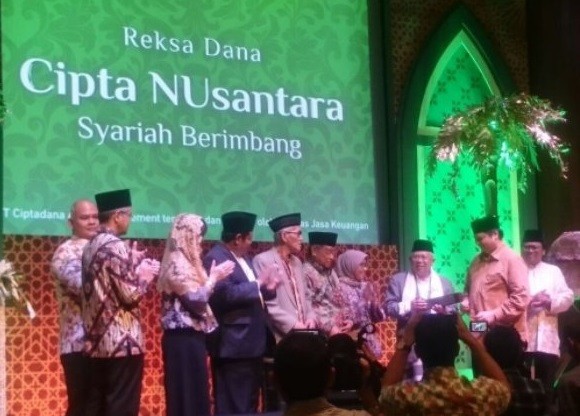Popular Reads
Top Results
Can't find what you're looking for?
View all search resultsPopular Reads
Top Results
Can't find what you're looking for?
View all search resultsTax waiver needed to boost Islamic finance: Expert
Change text size
Gift Premium Articles
to Anyone
A
tax waiver is needed, especially on asset transfers, to make Islamic financing in Indonesia more competitive with conventional financing, a practitioner has said.
The structure of Islamic financing requires that assets be transferred to a third party, usually a special purpose vehicle (SPV), during the lending period, before being transferred back to the lender after the loan repayment.
The value-added tax applied to the transaction creates an instance of double taxation and makes the Islamic financing, especially for housing and infrastructure loans, less competitive with conventional financing.
"In the UK and Malaysia, the asset transfer tax is annulled, they categorize the asset transfer in the Islamic financing structure as a financial transaction, rather than a sales and purchase transaction," Qudeer Latif, a partner at law firm Clifford Chance, told The Jakarta Post on Thursday.
Another problem, he continued, stemmed from the high building transfer fee (BPHTB), which varied from 5 percent to 7 percent. The central government had tried to reduce it to 2.5 percent, but some regional governments still objected to it, as they may lose significant revenue.
"Changing the taxation rule will create a level playing field between Islamic and conventional financing," Latif said.
Clifford Chance has served as a legal advisor to many Islamic financing projects, including the US$500 million sukuk offered by national flag carrier Garuda Indonesia in 2015. (ags)










